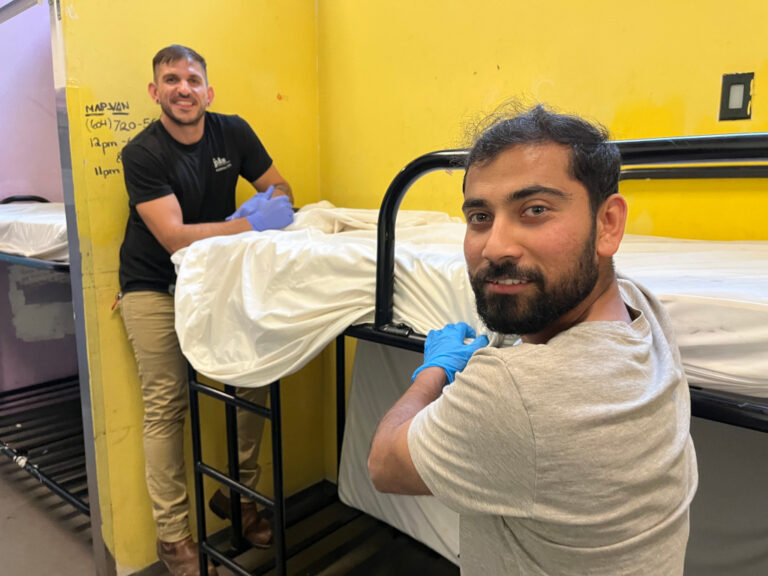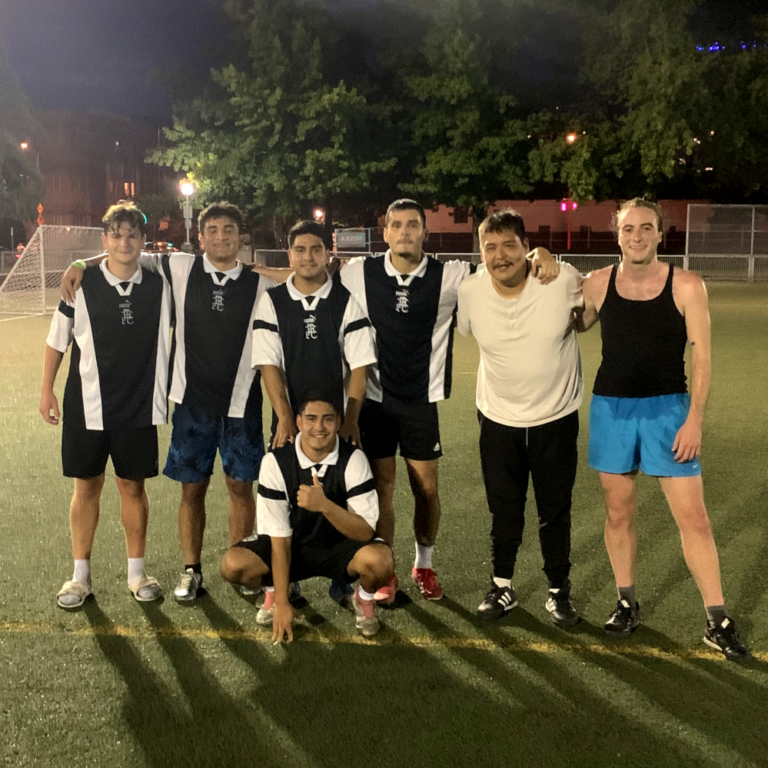Supervised consumption services save lives and improve community health
Insite was the first legal supervised drug injection site in North America.
Clients use Insite injection booths to consume pre-obtained drugs, supervised by nurses who supply clean needles and other injection equipment (water, cookers, filters and tourniquets) to reduce the spread of HIV/AIDS and Hepatitis C.
Medical staff act immediately in the event of an overdose, and provide ongoing healthcare services including wound care and immunizations. Above all, they build relationships and bring some of the hardest to reach individuals back into the healthcare continuum. Many Insite participants have concurrent medical disorders, a history of trauma and are homelessness or live in substandard accommodation.
Quantifying this – Insite in numbers
Figures published by Vancouver Coastal Health show that since 2003 Insite has logged:
- 6 million medically supervised visits to inject illicit drugs
- 48,798 clinical treatments
- 6,440 overdose interventions without any deaths.
Breaking things down further, 2018 averaged 337 injection room visits per day – that’s 189,937 visits by 5,436 individuals over the course of the year, with 1,466 overdose interventions. There were 3,725 clinical treatments (wound care, immunization, etc). Although 2018 figures aren’t available, the previous year 443 Insite clients visited the adjoining Onsite detox facility.
Insite has also dramatically reduced incidence of HIV among drug users. It was estimated in 2010 that the site prevents 35 cases of HIV each year, making an annual net saving of $6 million in healthcare spending after program costs had been taken into account.
Responding to a health crisis
Insite was born from a public health crisis – the 1990s AIDS epidemic.
In 1997, PHS hosted the international Out of Harms’ Way conference in Vancouver which included presentations about supervised injection in Germany and models of heroin maintenance in Switzerland and the UK. It was a watershed event in Vancouver’s move towards more humane and pragmatic approaches to drug use.
In February 2003, PHS forced the hand of three levels of government by establishing Health Quest, an injection site made possible by private donations, to be operated by volunteers if authorities did not offer their support.
As it happened, Vancouver Coastal Health rapidly became a partner in the lease, funding a renovation that also included detox beds to create Insite, which opened in September 2003.
Attempted closure
By 2007 it became clear that the then federal government of Canada intended to shut Insite by refusing to extend the exception to the Controlled Drugs and Substances Act (CDSA) which allowed it to exist.
That August, PHS filed a constitutional claim in the B.C. Supreme Court. Our case was that as a healthcare facility, Insite falls under the jurisdiction of the BC government, and that denying drug users access to health services at Insite would violate their rights to life, liberty and the security of the person established under the Canadian Charter of Rights and Freedoms.
The case was heard in the BC Supreme Court by Mr. Justice Pitfield in March 2008, who released his decision in May of that year.
Although not agreeing that jurisdiction should be exclusively provincial he ruled that applying the CDSA to Insite users violated the Canadian Charter, giving Insite a temporary constitutional exemption so it could operate while parliament updated the law.
However, the federal government immediately appealed this decision, which was upheld at the B.C. Court of Appeal in January 2010.
Supreme Court verdict
Within weeks the feds applied to the Supreme Court of Canada for leave to appeal the B.C. Court of Appeal decision.
The Supreme Court of Canada heard the case in May 2011. In September of that year all nine judges of Canada’s highest court unanimously ruled that the federal health minister’s attempts to close Insite went against the country’s Charter of Rights and Freedoms by threatening the safety and lives of the people who need to use it.
This decision legitimated Insite as an effective and humane healthcare response to injection drug users and created an opportunity for other Canadian jurisdictions to create services based on respect for the personhood of the drug user.
- Learn more about PHS programs in Vancouver and Victoria, B.C.
- Donate to continue innovative projects like this.



